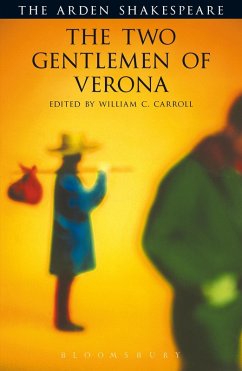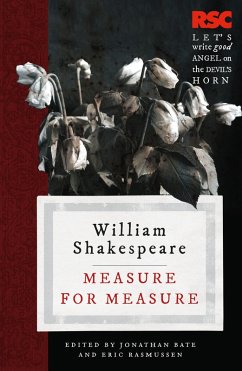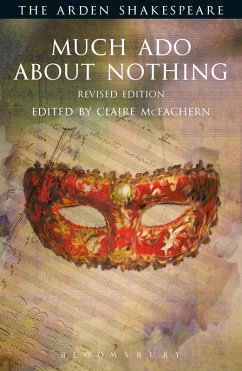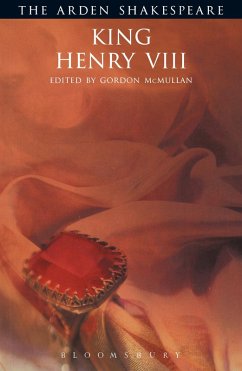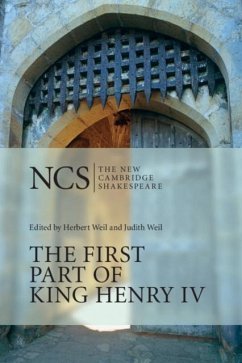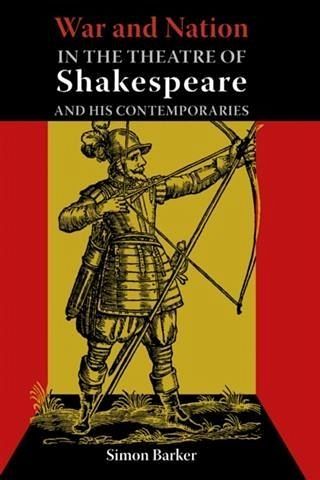
War and Nation in the Theatre of Shakespeare and His Contemporaries (eBook, PDF)
Versandkostenfrei!
Sofort per Download lieferbar
0,00 €
inkl. MwSt.
Weitere Ausgaben:

PAYBACK Punkte
0 °P sammeln!
This original study explores a vital aspect of early modern cultural history: the way that warfare is represented in the theatre of Shakespeare and his contemporaries. The book contrasts the Tudor and Stuart prose that called for the establishment of a standing army in the name of nation, discipline and subjectivity, and the drama of the period that invited critique of this imperative. Barker examines contemporary dramatic texts both for their radical position on war and, in the case of the later drama, for their subversive commentary on an emerging idealisation of Shakespeare and his work. Th...
This original study explores a vital aspect of early modern cultural history: the way that warfare is represented in the theatre of Shakespeare and his contemporaries. The book contrasts the Tudor and Stuart prose that called for the establishment of a standing army in the name of nation, discipline and subjectivity, and the drama of the period that invited critique of this imperative. Barker examines contemporary dramatic texts both for their radical position on war and, in the case of the later drama, for their subversive commentary on an emerging idealisation of Shakespeare and his work. The book argues that the early modern period saw the establishment of political, social and theological attitudes to war that were to become accepted as natural in succeeding centuries. Barker's reading of the drama of the period reveals the discontinuities in this project as a way of commenting on the use of the past within modern warfare. The book is also a survey and analysis of literary theory over the last twenty-five years in relation to the issue of early modern war - and develops an argument about the study of literature and war in general.Features* Interdisciplinary approach addressing the early-modern period as one of particular importance in the history of warfare* Examines the way that the period helped shape modern attitudes to war* Sets Shakespeare in the context of those dramatists who preceded him, as well as his contemporaries and successors* Surveys the work of the past and considers the future of criticism in relation to warfare
Dieser Download kann aus rechtlichen Gründen nur mit Rechnungsadresse in A, B, BG, CY, CZ, D, DK, EW, E, FIN, F, GR, HR, H, IRL, I, LT, L, LR, M, NL, PL, P, R, S, SLO, SK ausgeliefert werden.





